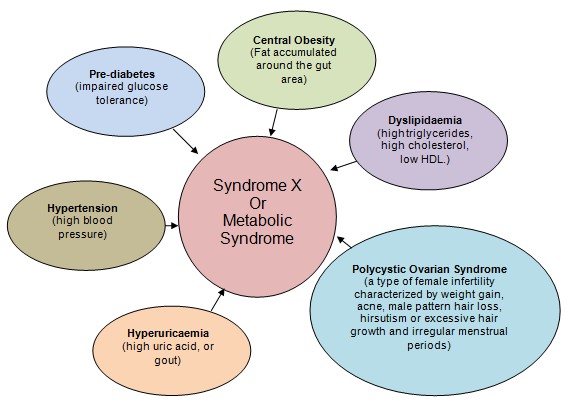
“Syndrome X”
– What it means to you?
There is a disease that affects over 314 million people globally, and many don’t even know that they are affected. Check yourself, and, with your dietician, prevent certain life-threatening disorders, e.g. heart attacks, stroke, diabetes.


In this Podcast Tabitha Hume, author of the X Diet talks about Syndrome X and what it means to you.
There is a disease that affects over 314 million people globally, and many don’t even know that they are affected. Check yourself, and, with your dietician, prevent certain life-threatening disorders, e.g. heart attacks, stroke, diabetes.
This abnormality is called
SYNDROME X
Or
METABOLIC SYNDROME
And is characterized by the following disorders:
In this Podcast Tabitha Hume, author of the X Diet talks about Syndrome X and what it means to you.
- Obesity
- Childhood weight loss
- Type 2 (Adult-onset) Diabetes and pre-diabetes
- Hypertension (high blood pressure)
- Hypercholesterolemia
- Anorexia Nervosa, Bulimia Nervosa and general eating disorders and disordered eating
- IBS (spastic colon)
- Infertility in men and women (including PCOS)
- ADD and ADHD (in children and adults)
- Depression and depression-related disorders such as yuppie flu, Epstein-Barr and Coxsackie Virus
- Sports nutrition


